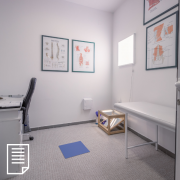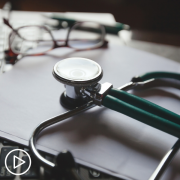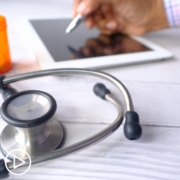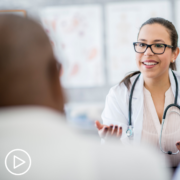Key Steps Following a DLBCL Diagnosis
Key Steps Following a DLBCL Diagnosis from Patient Empowerment Network on Vimeo.
What are key steps to take after a diffuse large B-cell lymphoma (DLBCL) diagnosis? Expert Dr. Robert Dean shares advice for newly diagnosed DLBCL patients to access optimal care.
Dr. Robert Dean is a hematologist/medical oncologist at Taussig Cancer Institute at the Cleveland Clinic. Learn more about Dr. Dean, here.
See More From The Pro-Active DLBCL Patient Toolkit
Related Programs:

|

|
Transcript:
Katherine:
Yeah, of course. What three key pieces of advice would you have for a patient who’s just been diagnosed with DLBCL?
Dr. Dean:
The first, I would say, is always consider getting a second opinion. I would say that’s true for a patient who’s receiving care with a local oncologist who sees and treats all forms of cancer and who’s very close to home. But I would say that’s true for someone who comes and sees me as an oncologist who treats only lymphoma patients. You should never worry about hurting your doctor’s feelings by going and talking to someone else to get another perspective on their case. The second is that they should make sure that their biopsy has been checked for the other tissue-based predicting factors that we talked about earlier that can help give a better idea of whether their chances of cure are higher or possibly lower with standard R-CHOP treatment.
And if they’re in a higher-risk group that might have a lower chance of cure with R-CHOP, then they should ask, “should I be receiving a different kind of treatment?” And then, the third thing I would say is, they should always ask, “is there a clinical trial that’s a good fit for my situation. And if there isn’t one here, is there one somewhere else that’s worth me considering even if it might mean me traveling somewhere?”
Katherine:
Right.
Dr. Dean:
There’re always a lot of clinical trials around. And if there’s a good clinical trial that’s a fit for someone’s medical situation, and I would say, if it’s pretty close to the care that they need already and is asking an additional question and possibly providing an additional element to the treatment that may be helpful and that will help us learn something along the way, then in my mind that’s the best-case scenario.










